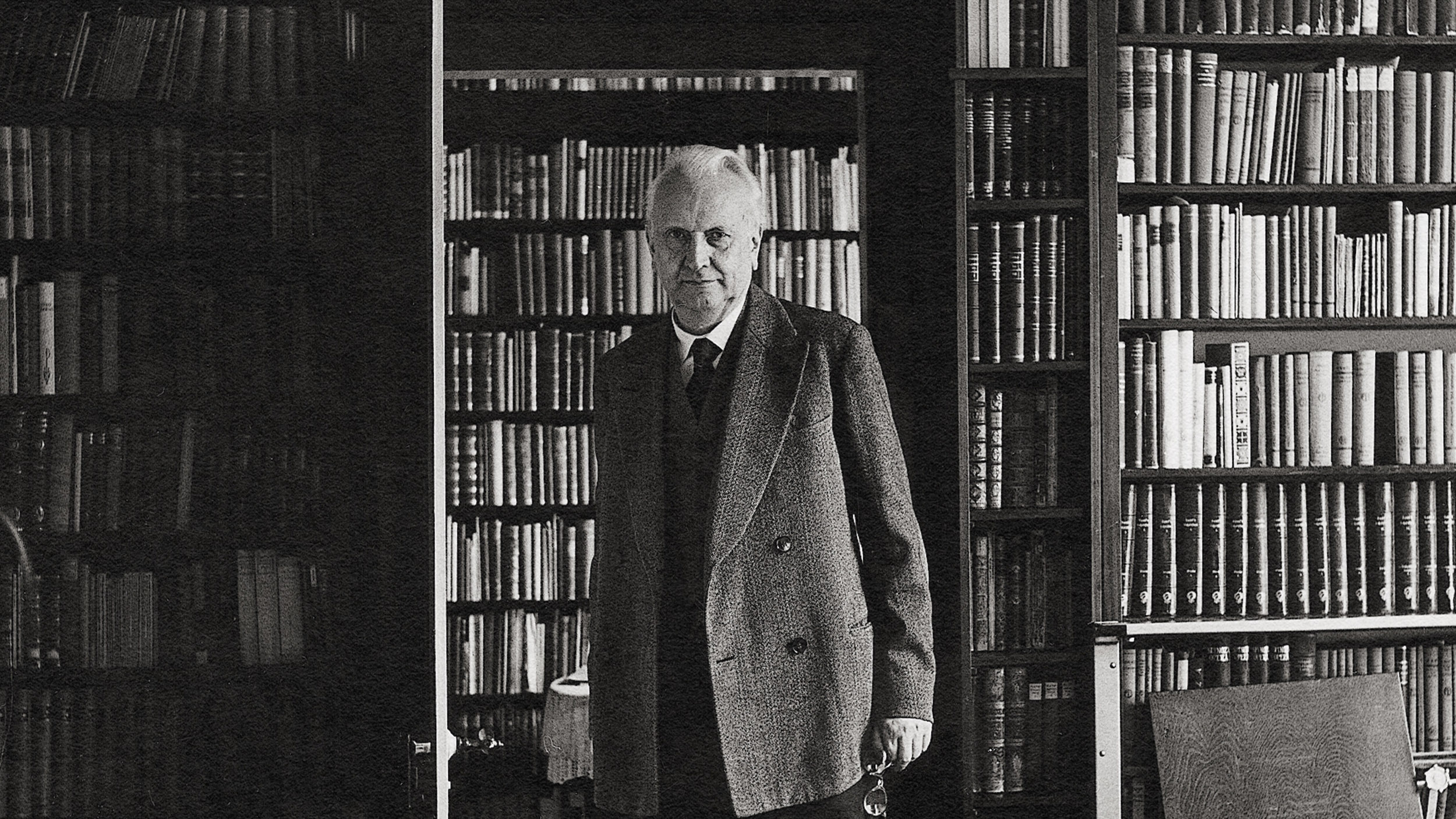Greta Thunberg is not a ‘caricatural woman,’ says Slavoj Žižek — her approach is ‘brutal’

Photo credit: Samuel de Roman / Contributor via Getty
- Slavoj Žižek is a Slovenian philosopher and cultural critic whose diverse body of work often emphasizes the role of ideology in culture and capitalism.
- In a recent interview, Žižek described how the war against so-called toxic masculinity necessarily implies a certain image of femininity.
- Žižek suggests we should be wary of accepting this image of femininity without closer examination.
In January, the American Psychological Association released guidelines describing how “traditional masculinity ideology” can hurt boys and men. The guidelines were the first to place toxic masculinity in the medical world, codifying, in some ways, an idea that had existed only in ideology and think pieces.
But set aside whatever you might think about toxic masculinity and its codification by the APA, because there’s another question worth examining: What does the culture’s understanding of toxic masculinity imply about our current image of femininity?
Slavoj Žižek, the Solvenian philosopher and cultural critic, recently raised this question in an interview with JOE U.K. Žižek said that putting toxic masculinity into a medical category is a “mystification” of what’s “obviously a social-ideological category.”
“I am all for women’s rights, and so on, but look closely at this notion,” Žižek said, later providing an example: “If I beat my wife, or women, it’s not simply a psychological illness. It can be. But mostly, it’s a form of brutal ideology. You know, it’s a social-ideological — that’s the first mystification.”
But it’s sometimes necessary to behave in ways that might fall under the category of toxic masculinity, Žižek said.
“The claim is that men, mostly, when they’re in a difficult situation, instead of talking with others, friendly, they withdraw into themselves and react, decide to act alone in a radical way, even if it will hurt them,” he said. “But sorry, in many situations, you need to act like this. It’s called simple courage, my God.”
By demonizing a specific part of traditionally masculine behavior, the culture is simultaneously idealizing a specific image of femininity, Žižek argued.
“So, I think that the secret trick of this category of toxic masculinity is to promote a very precise — I’m almost tempted to say — masculine cliché of women: Women like dialogue, they are friendly, non-violent, and so on, and so on,” he said. “What is so fashionable today is to construct a certain image of femininity, which is an ideological construct, as you know, more gentle dialogical, interactive — so on, so on — which fits perfectly today’s global capitalism.”
In signature fashion, Žižek offered a provocative example of (what he said is “almost”) toxic masculine behavior being used productively: Greta Thunberg’s speech to the United Nations about climate change.
“She’s not this caricatural woman,” he said. “You know, like, ‘Solve, let’s have a dialog.’ — ‘No! Fuck you! What dialogue? Act!’ And so on, you know? That’s the women I like!”
Žižek said cultural critics shouldn’t get caught in the trap of the so-called toxic masculinity war. “Let’s analyze it precisely,” he said. “What is sold to us as a critique of toxic masculinity? What image of femininity is subtly imposed on us in this way?”





